Caring For Newborn Kittens
It is part of a cat's natural instincts to care for her newborn kittens, but sometimes, for some reason the mother cat will simply ignore her kittens. There are other instances, such as in the case of a cesarean or other complications after the birth of her kittens, your cat may also stop from caring for her kittens.
If this happen to your cat, you need to be prepared to help out for a few days, or until the mother cat gets better. So, what to do next?
Feeding Newborn Kittens
Feeding is also part of caring for your kittens. Make sure the kittens are getting enough to eat. A kitten's average weight is 3 ounces at birth, so you can weigh them each day to ensure that they are gaining weight and not loosing weight.
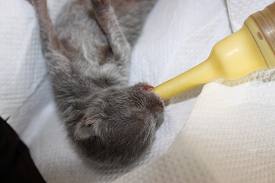
If the mother cat is ill, or didn't make enough milk, or if she had a large litter, you can feed the kittens yourself. There are kitten formulas available at pet stores. In addition to the kitten formula, you will also need to purchase a bottle to feed your kittens. Be sure to follow the manufacturer's instructions on how much to feed each kitten (it can vary based on the kitten's weight). You can also ask your veterinarian about how much to feed.
Cleaning and Caring for Newborn Kittens
A newborn kitten will sleep most of the day, and when they are not sleeping, they are eating. Although, a newborn kitten cannot pee or poop on his/her own. It takes about two to three weeks for a kitten to do it on his/her own, until then, you need to make sure that the mother cat is licking and cleaning her kitten's bottoms.
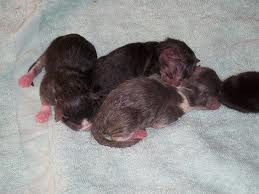
If she is not doing it, you will need to do this yourself. You will need to gently rub the kitten's genital areas with a piece of moistened cloth, to stimulate him/her to go potty. This must be done every two hours.
While awake in the box, your newborn kittens will scoot around each other and their genitals will be stimulated, they will pee and poop, so be sure to change the blankets or towels inside their box twice a day. You will also need to wipe the kittens off, be sure to use a lightly damp cloth.
Train your Kittens to Eat and use the Litter Box
Once your kittens are between three and four weeks old, they will start moving around and ready to leave the nest. This will be the time to start to introduce solid food to your kittens. You can mix some dry kitten food (check the manufacturer feeding instructions) with milk replacement. Just place the mixed food on a large, flat plate and place the kittens around it.
This will be also the right time for you to introduce the litter box to your kittens. There are several starter litter boxes available out there, be sure to use litters that does not contain deodorants. The box should be placed away from traffic areas and away from their eating area.

Training your kittens to use the litter box will take a little bit of time and patience. Start by place the kitten (one at the time) in the box at common elimination times (e.g., waking up, eating and playing), and move his/her paw in a scratching motion to show him/her how to use the litter. Once he/she stars to eliminate, you should walk away.
While your kitten is still learning to use the litter box, leave a little amount of urine or feces in the box, so the scent will remind him/her what the box is for. It may take the kittens a few times before they get the hang of it. During this time accidents might occur, so be patient and do not punish the kittens for making a mistake. Instead, clean the area immediately and begin training again, start with placing the kitten back in the box.
Remember to praise the kittens with affection and treats if you see them using the box. It is also recommended that you clean the litter constantly, this will ensure a clean environment where kittens will soon learn to like.
Socialize your kittens
It is important that you socialize your kittens, the earlier they are socialized to human contact, the better. If the mother cat allows you should start handling the kittens daily. You should also touch and rub the kittens' paws, ears and face. This will help with future nail clipping, combing, or when you need to give medication.
You should also allow kids and visitors to hold the kittens, this will make easier for them to accept strangers as adult cats.
Most of all, you should enjoy this short few weeks caring for your kittens, soon it will be time to find them good homes to go to.
Return from Newborn Kittens to Cat Pregnancy
Return from Newborn Kittens to Our Home Page
Healthy Cat Treat

Subscribe to Our Love Cats Digest e-zine
"A cat improves the garden wall in sunshine, and the hearth in foul weather." - Judith Merkle Riley
Marketing Strategies by
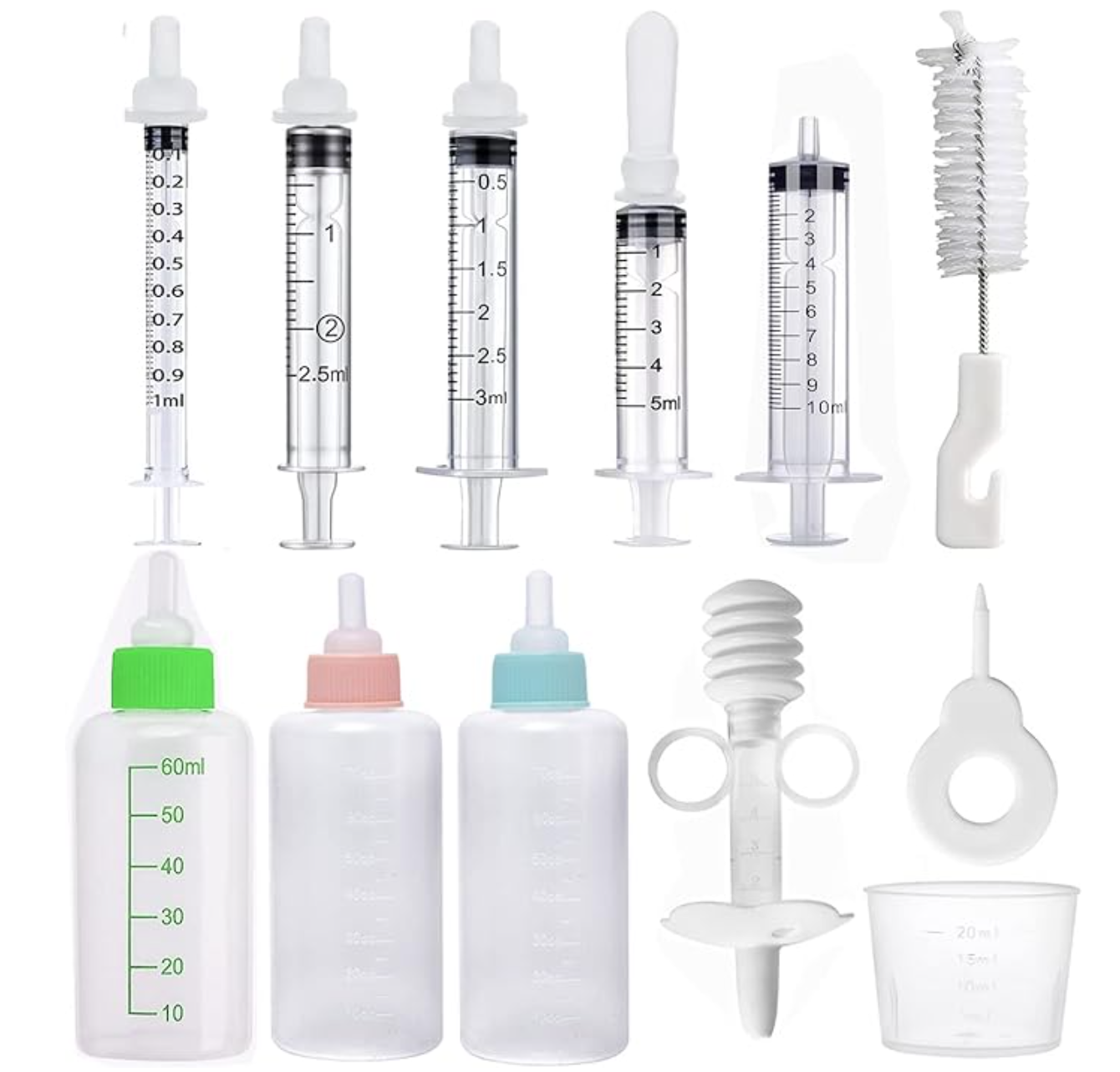
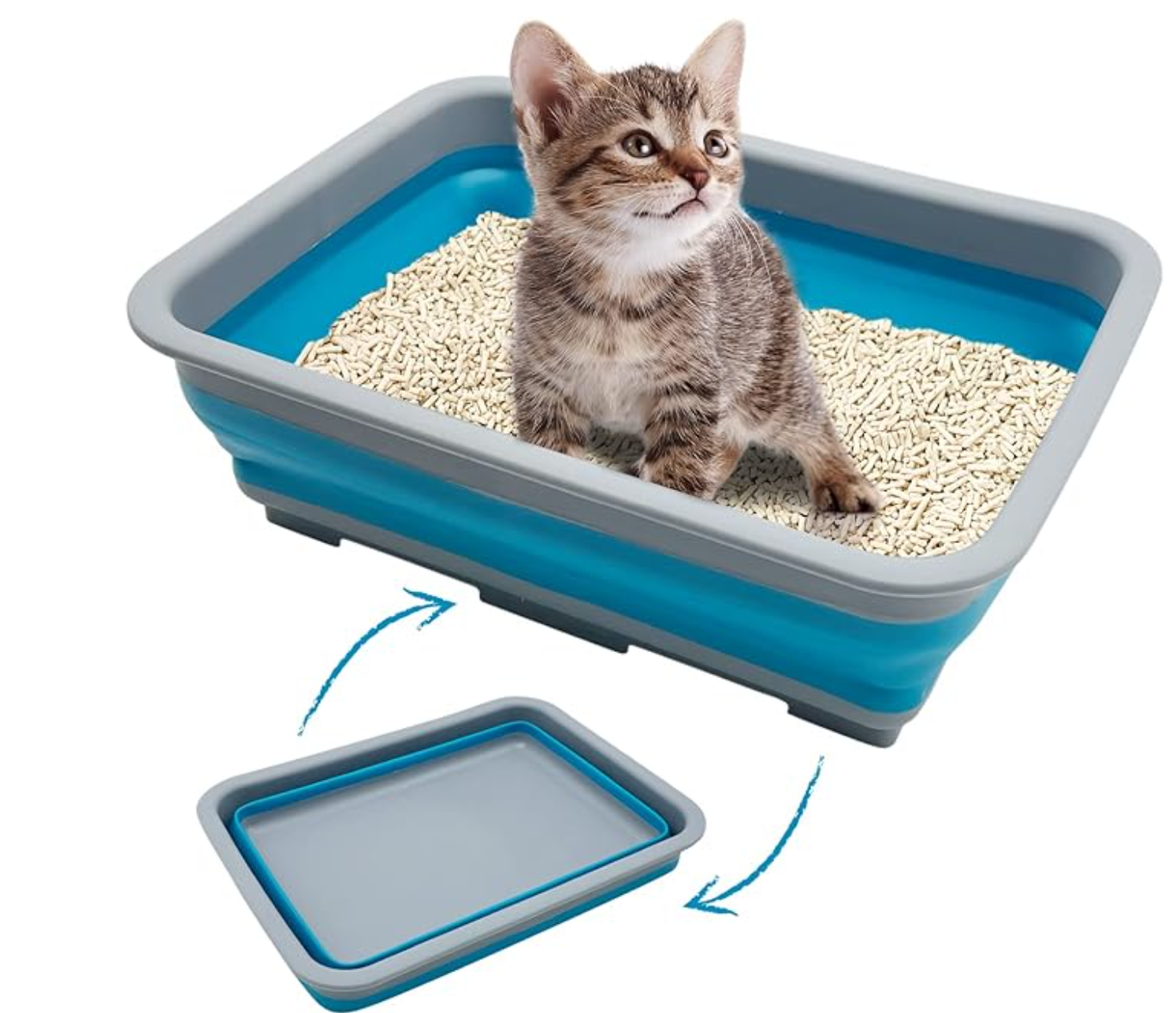







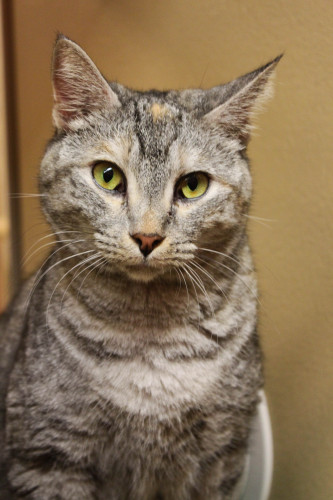

New! Comments
Have your say about what you just read! Leave me a comment in the box below.